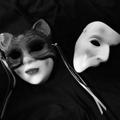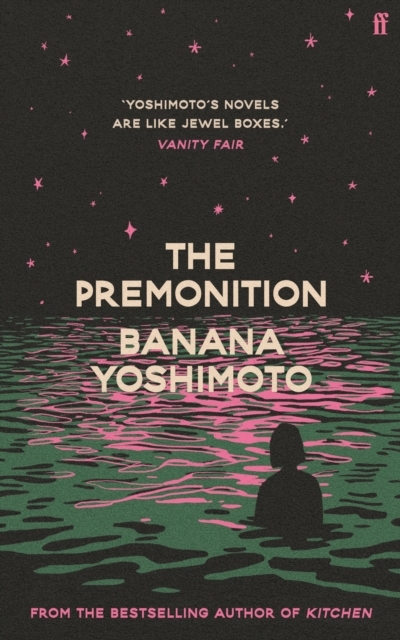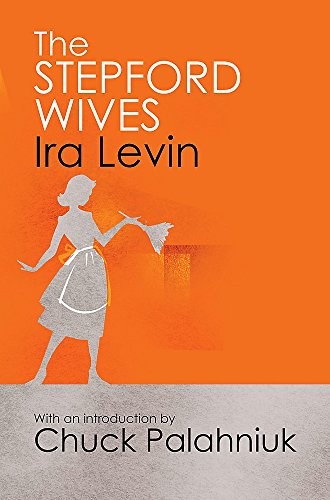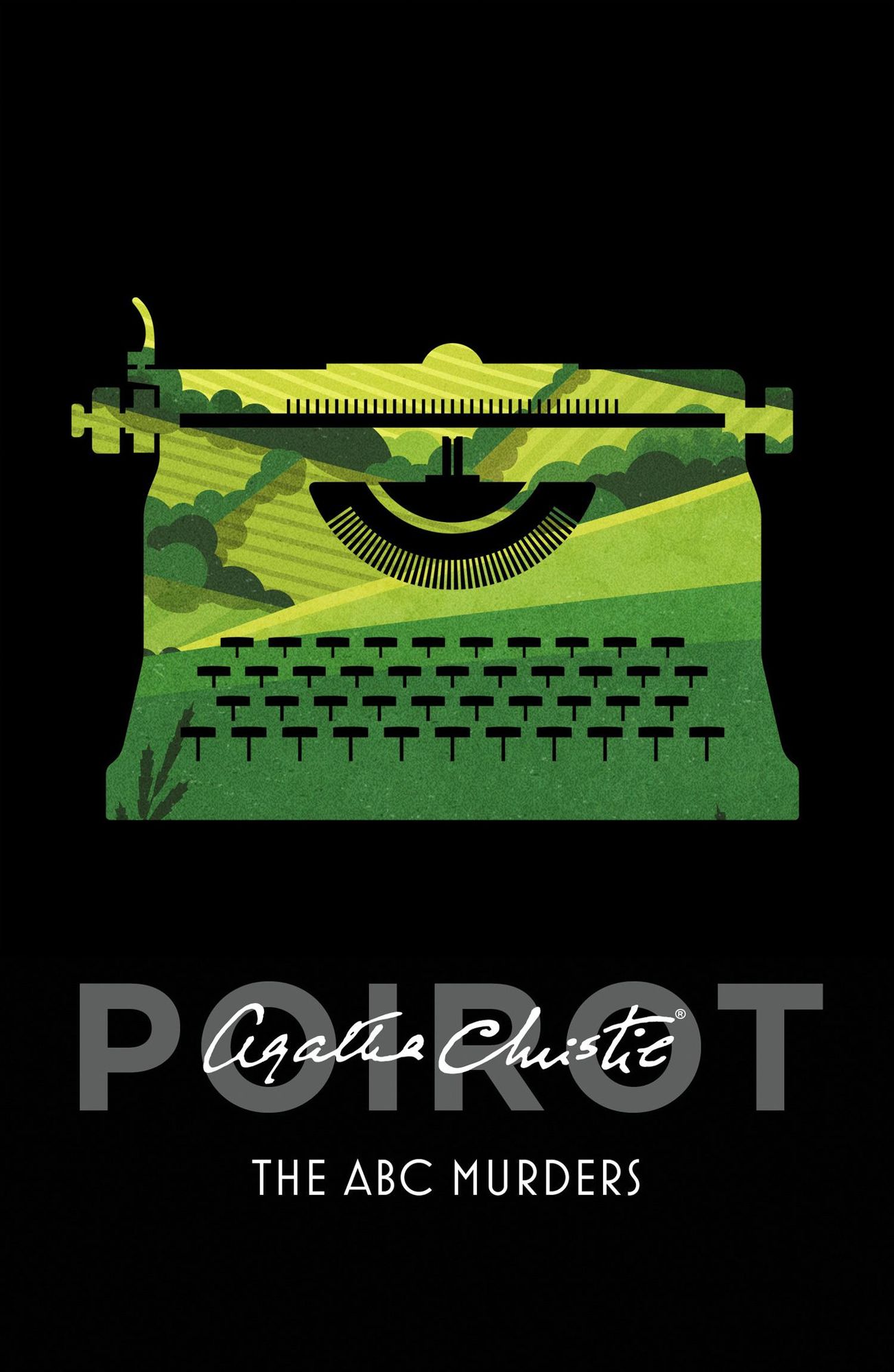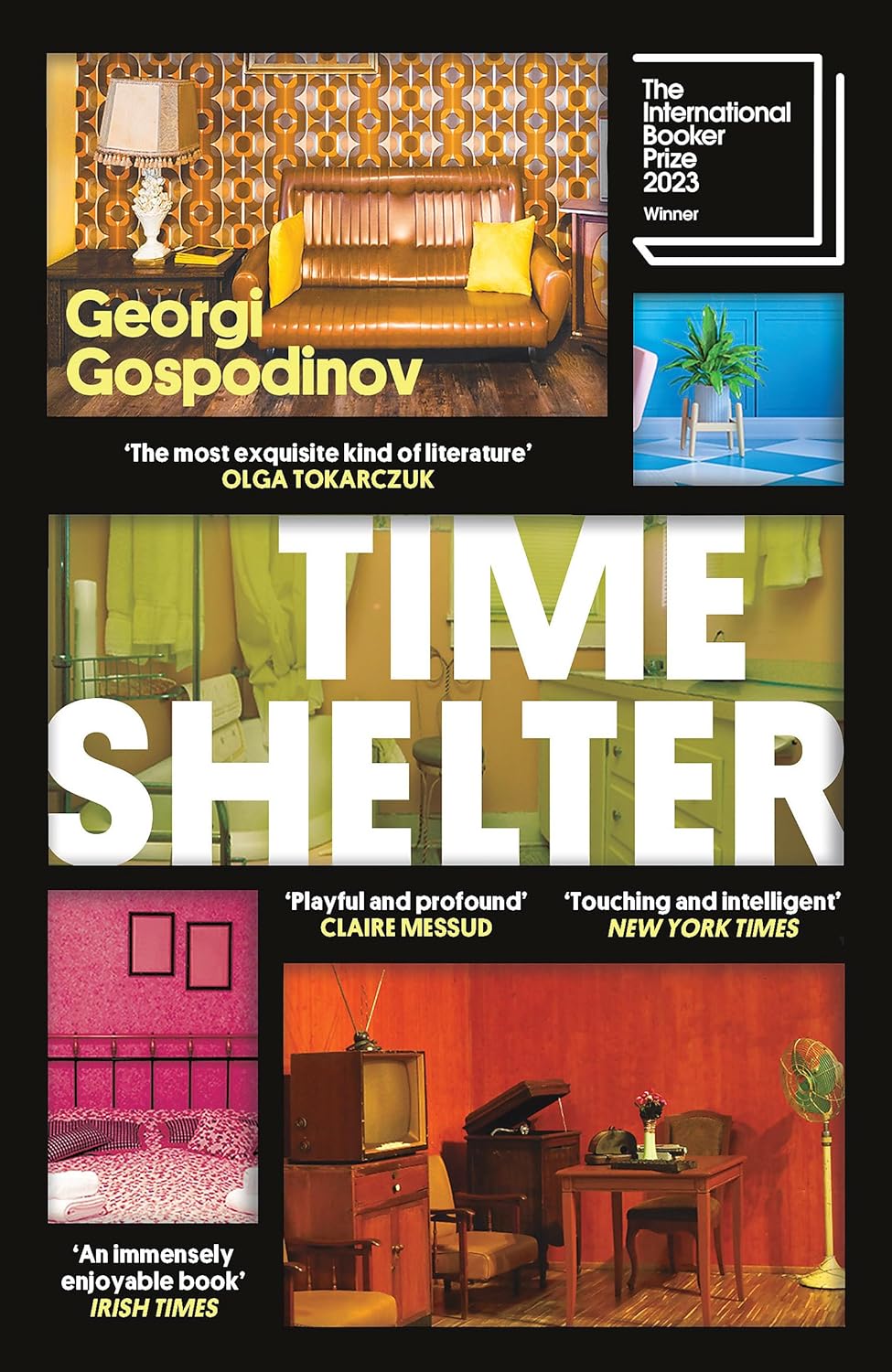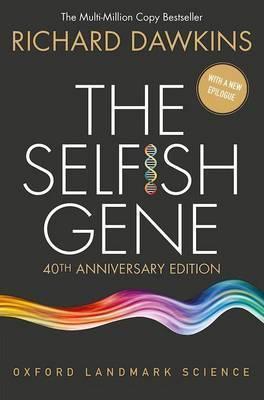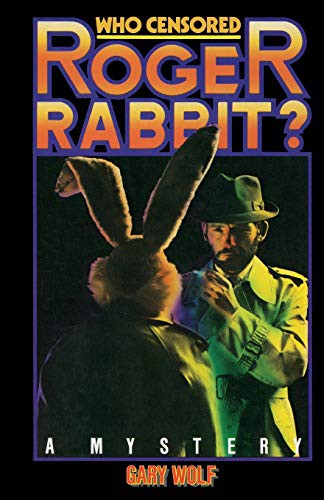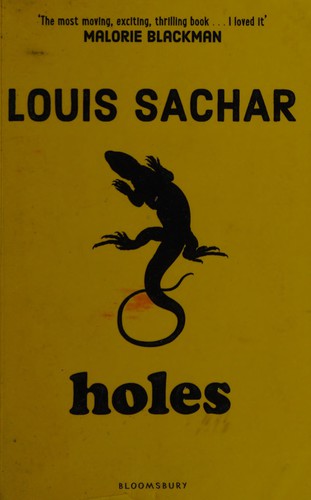nerd teacher [books] reviewed The Premonition by Banana Yoshimoto
A Little Torn...
3 stars
Content warning The thing I'm torn about is basically a spoiler for much of the purpose of the story.
The book is really engaging and flows well, making it pretty simple to read fairly quickly. It has such beautiful settings that are easy to imagine... and the story's not half bad, either.
But I am also conflicted about the story, as it makes me wonder how common something of its nature really is or ever had been. It focuses on a girl who appears to have extrasensory abilities (more in terms of intuition than in terms of genuine supernatural abilities, as the story is rooted primarily in a dreamy or foggy realism), which have helped her to find little parts of her life that have been nagging at her as being 'off' or 'wrong'.
This leads her to finding out that the people she's been calling Mom and Dad are not really her parents, that her brother is not really her brother, and that her aunt is actually her older sister (who is not related to her Mom, Dad, or brother). Throughout the course of the story, she finds out that her brother has known all along that he's not her brother, and they begin to slowly take down the walls between them that has kept them as 'family' rather than 'sweethearts'. It's not told in an aggressive or overly creepy manner, but it is... perplexing as a concept, and it leaves me with a big question mark hanging over my head.
It's basically a story of coming to terms with who you are, what the truth is, and how you plan to deal with the truth... Which is something that I appreciate, though.
